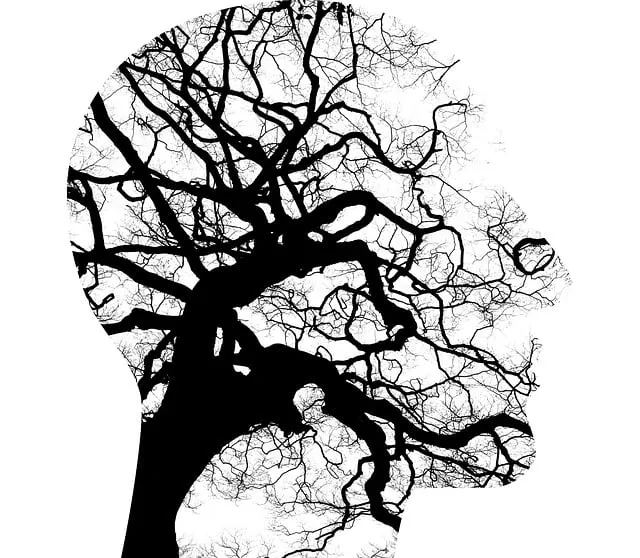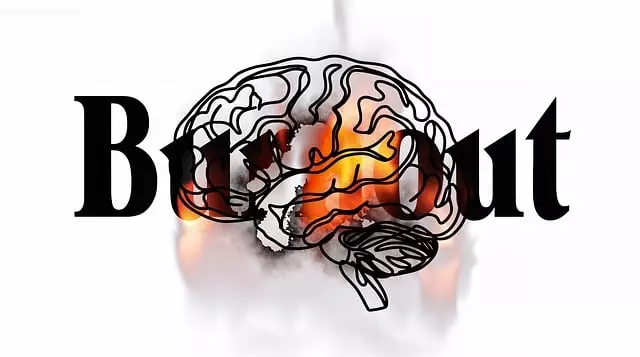In Arvada, the stigma around mental illness prevents many from seeking critical support, leading to delayed treatment. Kaiser Permanente's Mental Health Arvada program tackles this issue head-on with comprehensive initiatives. They offer educational workshops, stress management tools, and innovative outreach to normalize conversations about mental health, reduce fear of judgment, and encourage early intervention. Community engagement through these programs aims to foster understanding, create safe spaces for sharing experiences, and promote inclusive mental health practices at all levels, from healthcare access to policy advocacy.
In Arvada, as across the nation, mental illness stigma remains a significant barrier to individuals seeking help. This article explores multifaceted efforts to reduce this stigma, focusing on strategies employed by Kaiser Permanente and the community at large. We delve into understanding the impact of stigma on mental health seekers, examining specific initiatives by Kaiser Permanente in Arvada aimed at education and outreach. Additionally, we highlight community engagement tactics and policy advocacy efforts that foster supportive networks and ensure equal access to care.
- Understanding Stigma: Its Impact on Mental Health Seekers in Arvada
- Kaiser Permanente's Role in Combating Stigma Through Education and Outreach
- Community Engagement: Strategies to Foster Supportive Networks for Mental Illness
- Policy and Advocacy: Ensuring Equal Access to Care and Reducing Discrimination
Understanding Stigma: Its Impact on Mental Health Seekers in Arvada

Stigma surrounding mental illness can significantly deter individuals in Arvada from seeking much-needed support. This perception often leads to a delay in treatment, exacerbating symptoms and impacting overall well-being. Many struggle silently, fearing judgment or discrimination, which can be particularly harmful in a community like Arvada where access to resources such as Kaiser Permanente’s mental health services is readily available.
Understanding the pervasive effect of stigma, efforts to reduce it are crucial for fostering an environment that encourages open dialogue and promotes effective Mental Health Awareness. By challenging societal norms and misconceptions, these initiatives aim to normalize conversations around mental health, making it easier for those in need to access Stress Reduction Methods and avail themselves of available services, including Kaiser Permanente’s programs, without the fear of being stigmatized. This, in turn, contributes to a more inclusive Mental Health Policy Analysis and Advocacy, ensuring better support systems for everyone in Arvada.
Kaiser Permanente's Role in Combating Stigma Through Education and Outreach

Kaiser Permanente plays a significant role in reducing stigma around mental health issues through its comprehensive education and outreach initiatives. The organization’s approach centers on empowering individuals with knowledge about mental wellness, breaking down barriers, and fostering an inclusive environment. Through their Mental Health Arvada program, Kaiser Permanente offers various resources tailored to the community’s unique needs. This includes educational workshops that focus on topics like self-care routine development for better mental health, providing practical tools to manage stress and maintain equilibrium.
Their outreach efforts extend beyond traditional methods, employing innovative strategies to engage diverse audiences. By designing mental health education programs that cater to different demographics, Kaiser Permanente ensures accessibility and relevance. These programs not only aim to educate but also to normalize conversations around mental illness, encouraging open dialogue and early intervention. This proactive stance aligns with the broader goal of promoting mental wellness within the community.
Community Engagement: Strategies to Foster Supportive Networks for Mental Illness

In efforts to reduce stigma surrounding mental illness, community engagement plays a pivotal role in fostering supportive networks. Organizations like Kaiser Permanente mental health Arvada have been at the forefront, promoting emotional well-being through various initiatives. These include educational programs that dispel myths and misconceptions about mental health, thereby encouraging empathy and understanding within communities. By organizing workshops, seminars, and awareness campaigns, they facilitate open conversations about mental illness, which is essential for breaking down barriers.
Community engagement also involves the creation of support groups where individuals can share their experiences, offer mutual support, and learn from one another. These networks provide a safe space to discuss challenges related to mental health, burnout prevention, and mind over matter principles. Through such initiatives, communities become more equipped to recognize and address mental health issues, ultimately enhancing overall emotional well-being promotion techniques and fostering inclusive environments.
Policy and Advocacy: Ensuring Equal Access to Care and Reducing Discrimination

Efforts to reduce stigma surrounding mental illness are multifaceted, and one crucial aspect involves policy and advocacy for equal access to care. Organizations like Kaiser Permanente in Arvada play a significant role in this regard by championing policies that ensure everyone has equal opportunities to seek support for their mental health. By advocating for non-discriminatory practices, they foster an environment where individuals can access services without fear of judgment or bias.
These initiatives extend beyond healthcare settings. They involve educating policymakers, community leaders, and the general public about the importance of coping skills development and emotional healing processes. Promoting self-esteem improvement is another vital component, as it helps to break down barriers and encourages a more inclusive approach to mental wellness, ultimately reducing the stigma associated with seeking help.
Mental illness stigma reduction is a multifaceted effort that requires collaboration from healthcare providers, community organizations, and policymakers. As highlighted by Kaiser Permanente’s initiatives in Arvada, education and outreach can significantly challenge societal perceptions. Community engagement strategies further strengthen support networks, while policy advocacy ensures equal access to care. By integrating these efforts, we can create a more inclusive environment, encouraging individuals in Arvada and beyond to seek mental health services without fear of discrimination.






